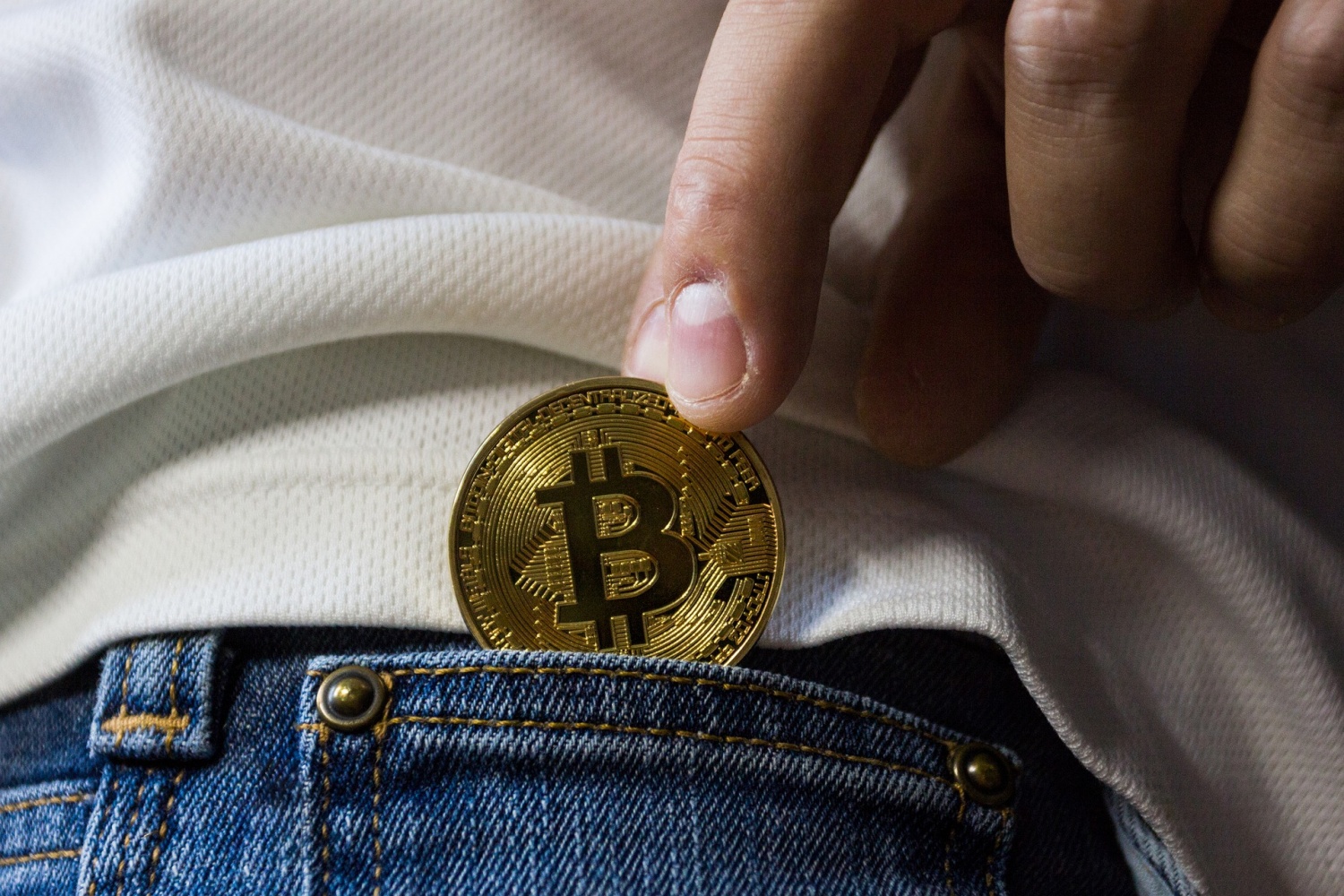
What is Bitcoin?
In layman's terms, Bitcoins are computer files that are stored in a digital wallet and can be accessed using a computer or smartphone. They can be easily transferred from one digital wallet to another for making payments. Also, every single transaction made using Bitcoin is completely secure as it is recorded in a public ledger known as the blockchain. These records can neither be manipulated nor deleted.
How to stay safe from scams?
In this modern era, cybercrimes are very common. If proper security measures are not taken, the chances of falling prey to some cyber scams are very high. In many cases, many people and organizations get scammed despite taking numerous security measures. Hence, it is always important to stay careful and keep your assets protected. Here are a few ways of staying safe from Bitcoin scams:
Scam No. 1: Ponzi Schemes
In the world of Ponzi schemes, Bernie Madoff is a well-known name. His Ponzi schemes were with mainstream investments. Similar to a pyramid scheme where one takes money from new investors so that he can pay the previous investors, one can scam people using Bitcoins. For a fraud of nearly $722 million cryptocurrencies, three men were arrested last year. Using the alias BitClub Network, they scammed people for years. They took money from investors and promised shares of cryptocurrency mining pools. Anyone bringing in new investors were rewarded as well. However, no one received any returns on their investments.
Scam No. 2: Using Fake Cryptocurrencies
In many cases, it has been seen people scam others by presenting a new cryptocurrency instead of Bitcoin. The scammers deceive people by saying that it's too late to invest in Bitcoin but there are other up-and-coming cryptocurrencies available. Big Coin was caught using this trick and shut down. They took nearly $6 million from people across the globe for investing in fake cryptocurrencies and later got caught by the probe agencies.
Scam No. 3: Old School Scams
People have started sending emails or calling the targets claiming that they are from the IRS and the person has not paid all his taxes. Then, they ask for the money immediately and unfortunately, some people agreed to pay the amount instantly. The scammers then ask the victim to transfer Bitcoin instead of wire money or transfer funds to another bank account. To avoid falling prey to such scams, always remain suspicious of phone calls or emails claiming to be a government agency and asking for Bitcoin. If they were legitimate authorities, they wouldn't have contacted like that.
Scam No. 4: Malware
Hackers have been using malware for a very long time to gain passwords to get access to computer networks or credit card information and bank account details. In recent times, hackers have started using malware to conduct Bitcoin scams very frequently. If you are not protected from malware, the hackers can use it to gain access to the Bitcoin wallet when it is connected to the internet and transfer all the funds to a different account.
There are various ways one can catch malware. The most common ways are by clicking any links emailed by an unknown user, or opening websites and social media. A common way of fooling people is posting a certain program claiming that you can mine bitcoins for free. When someone downloads it, catches the malware
Scam No. 5: Fake Bitcoin Exchanges
Fake Bitcoin Exchanges are quite common as well. While they claim to be Bitcoin exchanges, they just scam people and take their money. To date, one of the biggest scams exposed by the local Bitcoin community and South Korean financial authorities was in 2017, a fake exchange is known as BitKRX. It claimed to be a part of the country's largest trading platform and scammed people by taking their people's money
Bitcoin is very volatile as an investment. Make sure to be careful and not lose money to any Bitcoin scams. Also, always trust reputed and renowned trading platforms like allin1bitcoins where there are absolutely no chances of any kind of fraudulent activity. And remember, if a deal sounds too good to be true, most probably it is.
* This is a contributed article and this content does not necessarily represent the views of techtimes.com









